As producers, we tend to forget that weaning is a stressful event for lambs and kids. Abruptly removing young animals from their mothers may lead to a period of decreased feed intake and growth, as well as impaired immunity. Helping lambs and kids overcome weaning shock will not only help the animals, but will also increase the overall financial benefit for you, the producer.
Reducing stress at weaning
The reasons young animals feel stressed when being weaned include being separated from their mothers and having to suddenly fend off all danger by themselves, consuming new feed they are not adapted to digesting, and dealing with an immature immune system that is not equipped to optimally prevent the occurrence of disease.
There are a few specific steps we can take to help lambs transition into this new phase of life:
- Ensure lambs are of proper weight and age when weaned. A good rule of thumb is to wean lambs that are at least four times their birthweight and eight weeks of age. However, normal practice is to wean lambs at 22 to 25kg (eight to 16 weeks, depending on the production system).
- Follow a proper vaccination and deworming programme to prevent post-weaning mortalities. Contact your local veterinarian to discuss a vaccination and deworming plan.
- When weaning, leave lambs in the pen where they grew up and move the ewes away. Keeping them in a familiar environment will reduce their stress levels.
- If creep feed is not given, introduce feed around two weeks prior to weaning to get them used to the act of eating the new feed.
Post-weaning nutrition
The most important part of helping animals through the stress of weaning is the first three weeks post-weaning. During this time, their immune system will be challenged due to increased pressure from outside pathogens, and a decreased immune competency due to lowered feed intake and stress.
Feeding the correct nutrients during this period is critical for success. If a quality creep feed has been fed prior to weaning, the battle is half won. As the saying goes, “it is not what’s outside, but what’s inside that counts”. Supporting the immune system will not only prevent post-weaning disease, but will also improve future growth and production. Feeding a balance of highly bioavailable minerals such as zinc, manganese and selenium will support the immune system. Zinc plays a key role in the body by aiding in epithelial health and will thus strengthen the lungs and skin (skin is the immune system’s first line of defense). Manganese is part of the system in the body that fights inflammation, and selenium has antioxidant properties. Cobalt is another mineral that is important for weaned lambs. Weaned lambs do not yet have a fully functional rumen that can properly digest fibre, and supplementing cobalt in the diet will aid in fibre digestion. Mineral imbalances will lead to ill-thrift lambs that are prone to disease and death.
Conclusion
Helping lambs and kids overcome weaning shock will not only help the animals, but also presents the producer with a financial benefit. Talk to your animal nutritionist about how to properly feed transitioning lambs and kids to offer them the best chance of success.
Read more on this topic in feedlot animals in this article by Dr Jason Russel at Zinpro, entitled: “Preconditioning cattle reduces weaning stress, improves feedlot performance“.
You can download the original article in English, as published in the May 2022 issue of Stockfarm here, or in Afrikaans, as published in the May 2022 issue of Veeplaas here.
Anri Strauss is a scientific adviser in the ruminant team at Chemuniqué, holding a master’s degree in nutrition from the University of Pretoria. She grew up on a farm and still lives in the Free State, where she and her husband also farm with Boer goats.
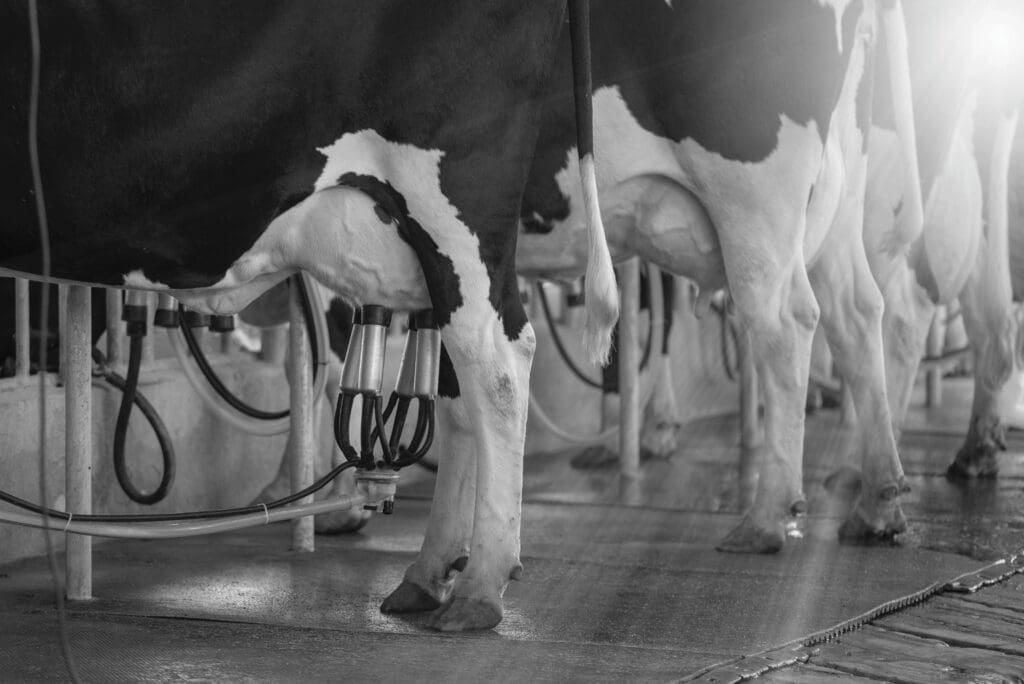


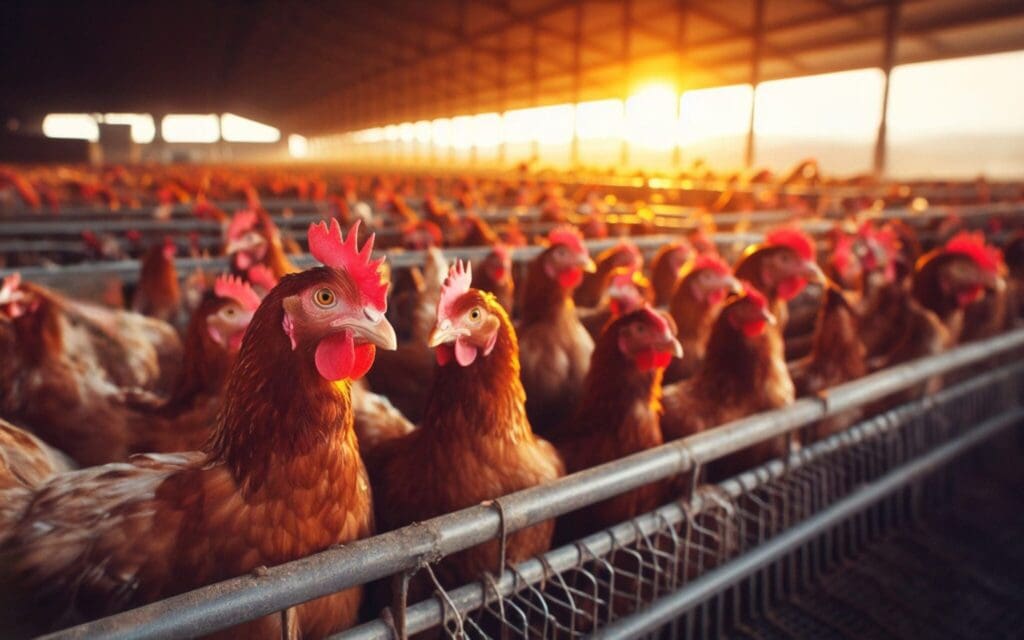
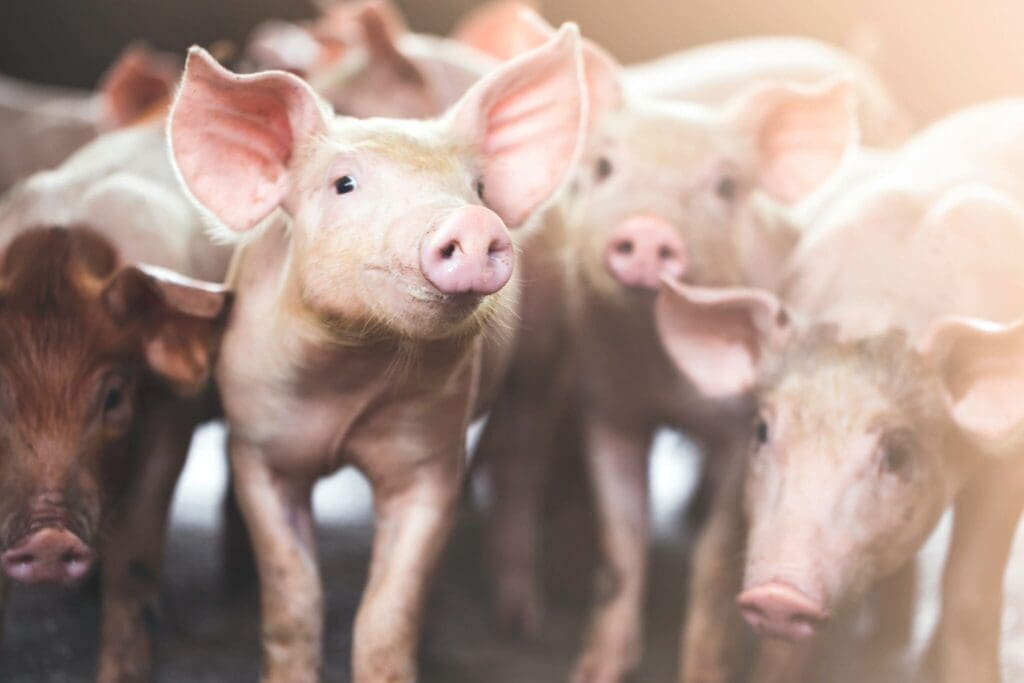
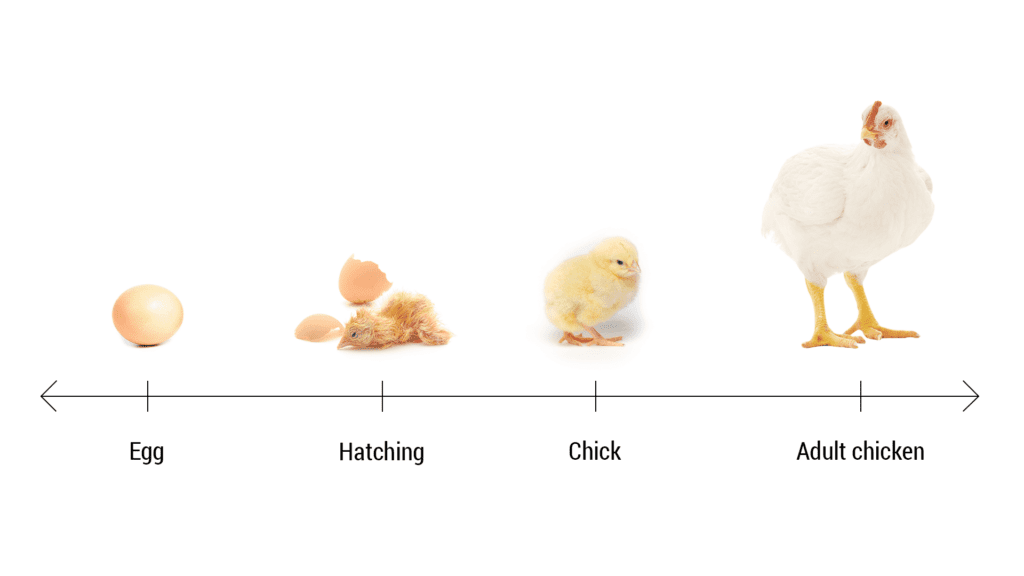

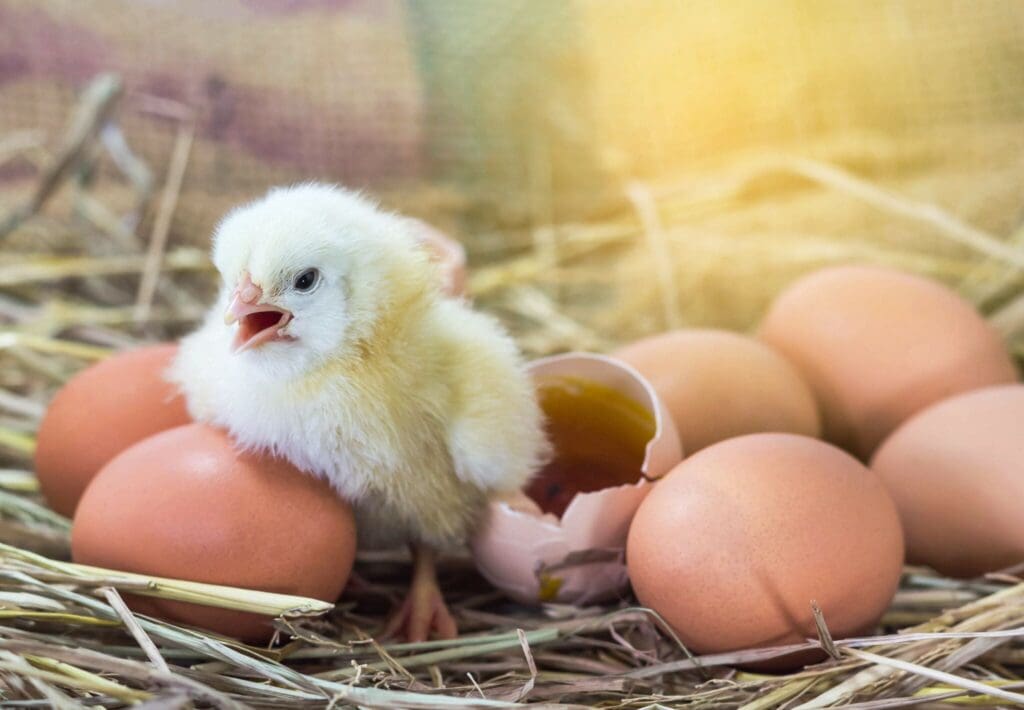

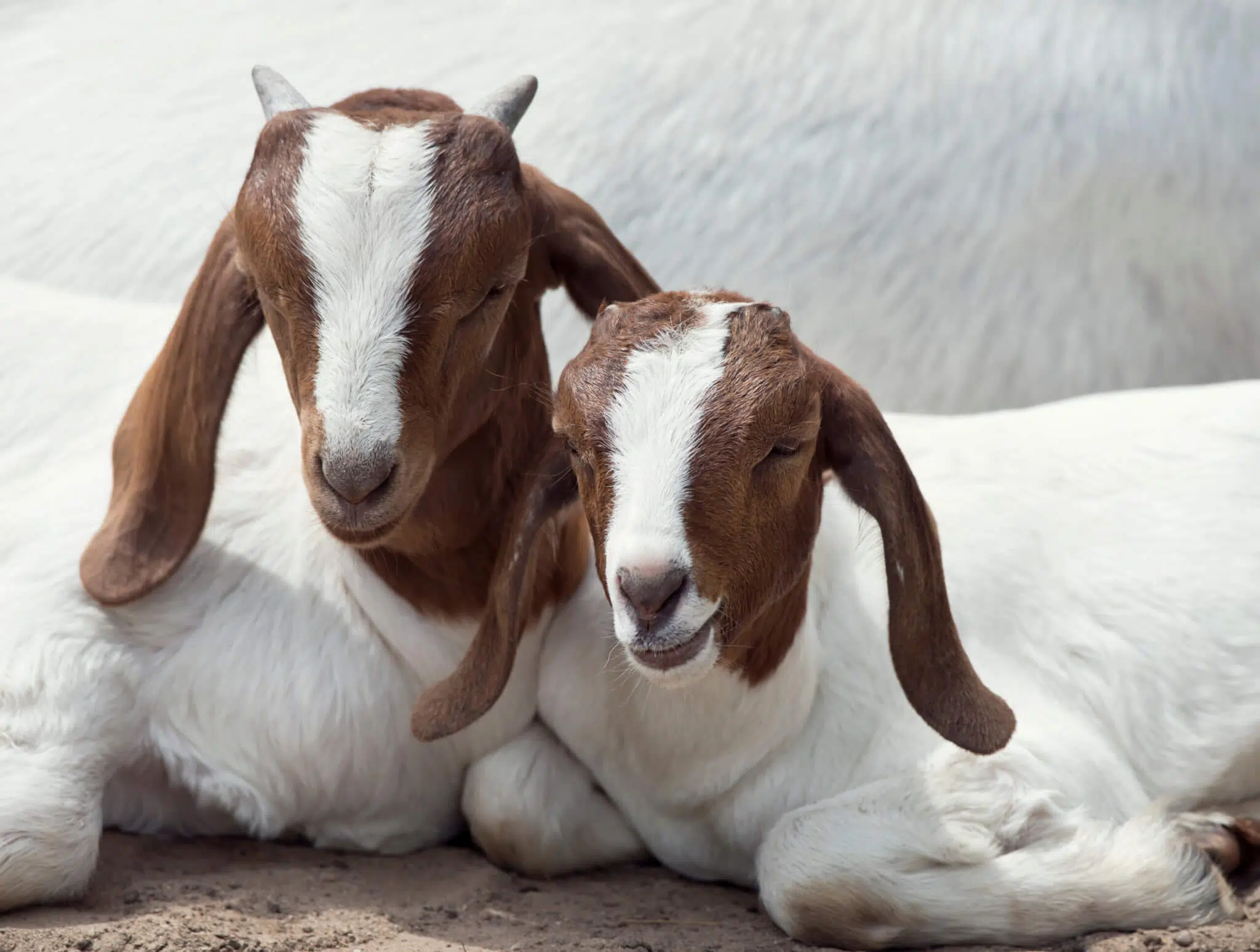

Nice article, Anri, well done.